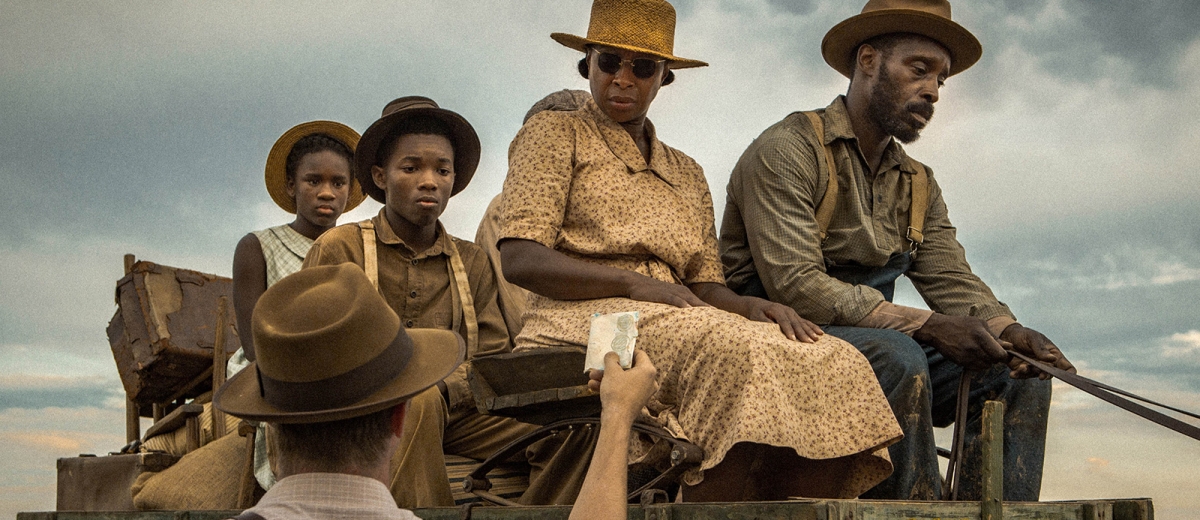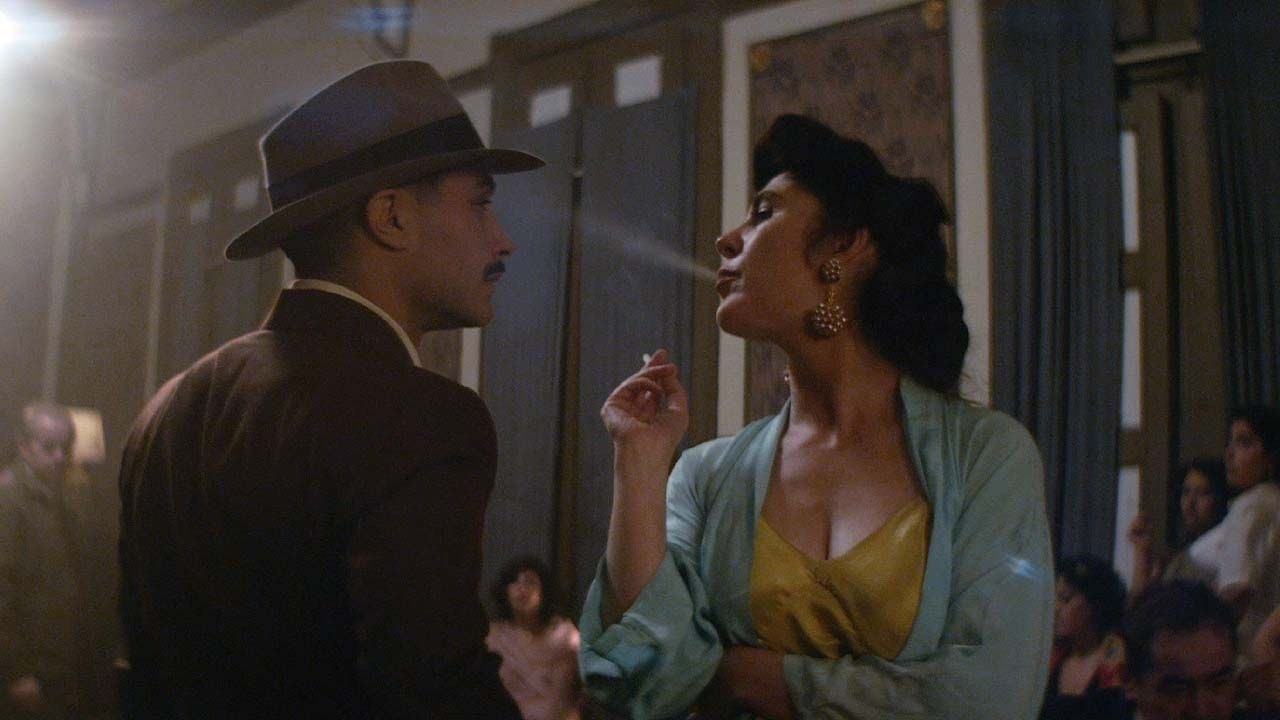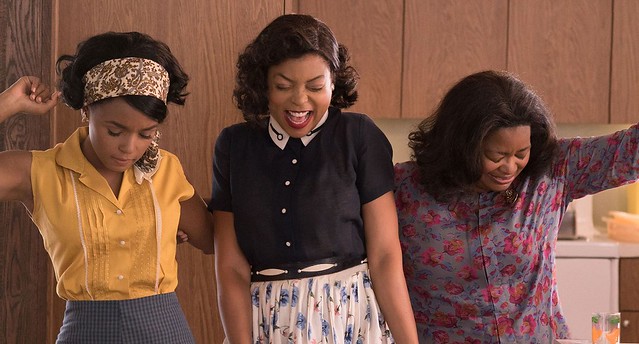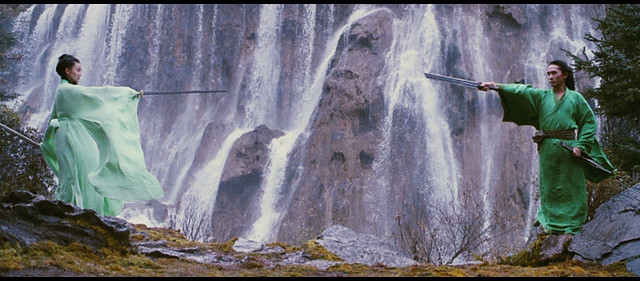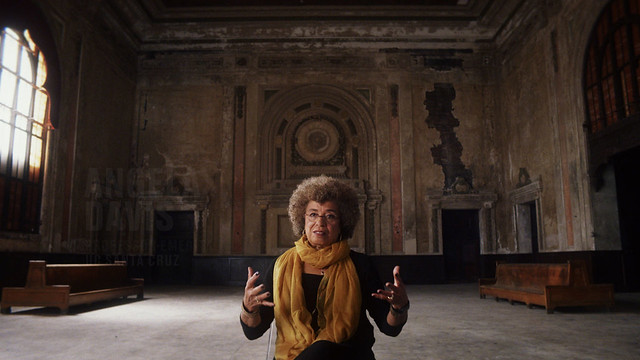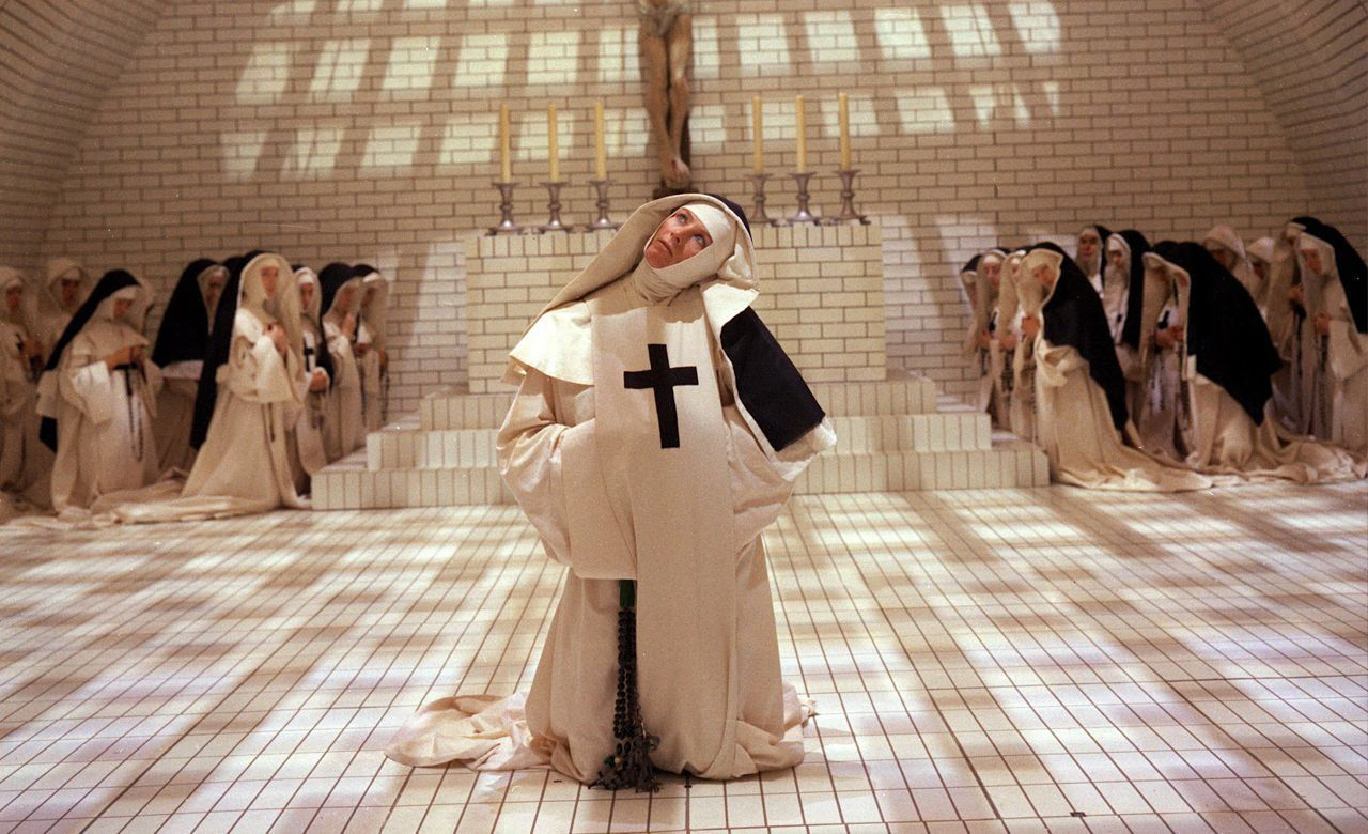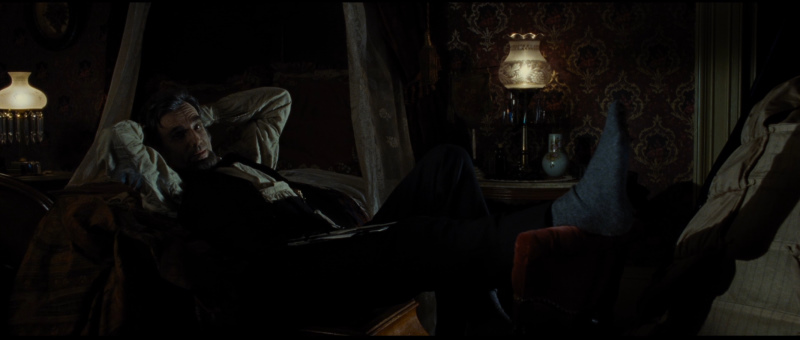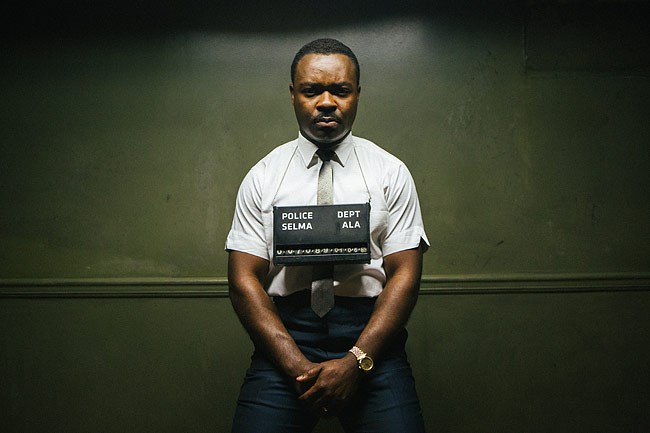A bio-pic portraying the early years of filmmaker and pilot Howard Hughes (Leonardo DiCaprio) who made the most expensive movies and flew the fastest planes.
* * *
Aside from his attempt at a musical with New York, New York, all of Martin Scorsese’s films prior to 2002 had all been decidedly small and low-fi. Even his “Biblical Epic” The Last Temptation Of Christ was rendered intimate and small. No elaborate sets or sweeping crane shots here folks. And he made Gangs Of New York. Shot on the Fellini stages at Cinecittà, no expense was spared. Finally Scorsese was able to live out his dream of being a classical Hollywood director like the ones he grew up admiring.
As much as I enjoy aspects of that film, it doesn’t quite work for me as a whole. Anchored by strong performances (especially that of Daniel Day-Lewis as Bill The Butcher) it feels less like a film and more like an opportunity for Scorsese to show off how much research he had accumulated in the 25 years the film had been in development. Having all that research in the background of your story is fine, it helps to make things more real, but placing it before your narrative becomes tiresome. Though I was bummed about him losing the Best Director Oscar that year, I have to admit I was kind of OK with it.
When The Aviator was announced as his follow up film I was quietly dreading more of the same. Once again he would be working on an epic canvas with apparently unlimited resources. I was worried that Howard Hughes would become nothing more than a means by which to express all of the Hollywood history Marty had been voraciously consuming since childhood. I was prepared for another well-shot yet meticulous history lesson. Thank God I was wrong.
Now of course I’m not saying that this film is an intimate affair in any sense of the word (the sets are huge and the flying/crashing scenes are rivetingly intense) but foregrounding all of this spectacle is an extremely strong script by John Logan and most importantly a fascinating character, exquisitely portrayed by Leonardo DiCaprio. More so than the parties and the planes and the women, this is a story about a man who despite all his wealth, power and cunning, could not escape his own mind. He can find ways to make it work for a time. He can even overcome the occasional breakdown. But in the end, the inevitable is always nipping at his heels and ready to overtake him. Ready to overtake him. Ready to overtake him. Ready to overtake him…

